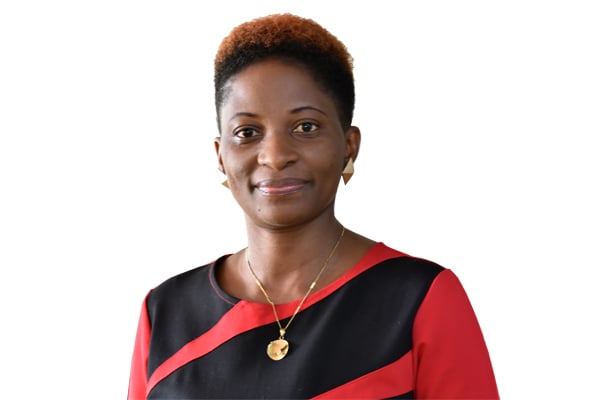Prime
Homosexuality and lack of integrity: Which is Uganda’s major problem?

Author: Musaazi Namiti. PHOTO/COURTESY
What you need to know:
‘‘Homosexuality is a highly emotive issue in Uganda, and it gets everyone talking"
Nine years ago, Uganda was dominating the headlines for introducing a law that had sought to punish homosexuality in ways that probably no other country had ever attempted. Individuals found guilty of engaging in homosexual acts were to be jailed for life. The original Bill, first tabled in 2009, had a clause that would have imposed the death sentence for aggravated homosexuality, but it was removed after amendment.
World leaders, including former US President Barack Obama, spoke out against the law. British billionaire Richard Branson called on companies and tourists to boycott Uganda. And European donors, notably Denmark and Norway, took a tougher line, withholding many millions of dollars in aid after President Museveni signed the Bill into law.
Fortunately for Ugandan homosexuals, just months after the law was introduced, a panel of five judges ruled that the Speaker of Parliament at the time, Rebecca Kadaga, acted illegally when she allowed a vote despite at least three objections that not enough MPs were in attendance.
The government is now re-introducing anti-gay legislation and will soon table a Bill that seeks to criminalise homosexuality and punish anyone promoting or marketing same-sex romantic relationships. The Bill comes amid public outcry that homosexuals are marketing homosexuality and are targeting young, innocent school children whom — it is alleged — they offer money and other inducements to encourage them to become gay.
If there is irrefutable evidence of this vice, the law is more than welcome to deal with it decisively. The unfair part of the law, as I wrote in this column a couple of weeks ago, is when consenting adults who are genuinely homosexual and law-abiding have to be punished for choosing to use their own bodies in a way they deem fit for sexual gratification.
Homosexuality is a highly emotive issue in Uganda, and it gets everyone talking. For politicians, it enables them to deflect attention from their incompetence and problems that they should deal with. But we need to ask a pertinent question: Is homosexuality as serious a problem as our lack of integrity?
Let me cite a few examples to drive my point home. We have been reading shocking stories about how MPs, Cabinet ministers and other top government officials shared between themselves iron sheets they knew were bought for the people of Karamoja. That is an integrity problem.
The NSSF has been in the news over corruption and mismanagement — and a select committee of Parliament investigating its officials, including the board, just recommended that the Gender and Labour Minister, Betty Amongi, the political head, should resign and that the board should be disbanded, while top officials at the fund should be relieved of their duties and prosecuted. That is an integrity problem.
Last year, we read in utter disbelief stories about how Uganda Airlines got its CEO, Jennifer Bamuturaki, and how she went on to appoint unqualified people to senior positions. A parliamentary committee investigated the airline and compiled a report, but a politician cited in the Karamoja mabati scandal reportedly decided to sit on it. That is an integrity problem.
Integrity issues are not only in public service. Most Ugandans I know who live in cities such as Boston, London and Stockholm overstayed their visit visas, became illegal immigrants and started to work fraudulently on getting citizenship. Given how serious lack of integrity is, it is surprising that we consider homosexuality a more serious problem. In Uganda, people lose sleep not over homosexuality but over poverty — and leaders they cannot and do not trust.
Mr Namiti is a journalist and former Al Jazeera digital editor in charge of the Africa desk
[email protected] @kazbuk




